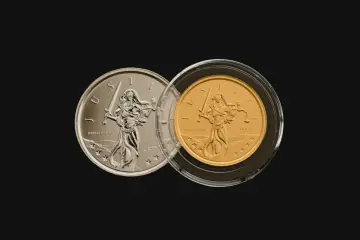Bitcoin blocks are permanent records of all Bitcoin transactions. Each block is equivalent to a page in a city recorder’s record book, or to a transaction in a Stock Transaction Ledger. These blocks form a chain, and over time, they are organized into a chronological sequence called a Blockchain. As new transactions are processed, new blocks are added to the chain, and cannot be deleted or changed. If you’re new to the Bitcoin network, you should start by reading this article.
Each block contains a hash of the previous block. If there is a difference between the two, something went wrong with the transaction. If this is the case, you can check the chain to see if there was any discrepancy. You can use a generation calculator to get an idea of how long it will take for a block to be generated. Alternatively, you can check out the Bitcoin blockchain to learn how long each block will take.
A Bitcoin block contains the hash of the previous block. If there is a discrepancy between the two, something went wrong. This information can also be used to determine the size of the next block. You can see a graph of the number of blocks that have been mined since the beginning of the Bitcoin network. This is the basic structure of the blockchain. You can learn more about it in the article below. What Is a Bitcoin Block?
A Bitcoin block contains all the transactions that occur during a single transaction. The block also contains information about the past and future of the previous block. Once a block is complete, it becomes part of history and gives way to a new block. The finished block is the permanent record of all the transactions that have occurred in the previous block. It will be updated as new transactions are made. This process takes a while, and it is best to avoid making many large purchases at once.
A Bitcoin block is a file that records data about a Bitcoin network. It also contains the most recent transaction. A block is similar to a page in a book. When a block is completed, it gives way to the next block in the chain. A new block is created every 10 minutes. This is why there are so many transactions each second on the blockchain. The last block was created by an individual. Another bitcoin block is a “block” in a digital currency.
A bitcoin block is a file that stores data related to a Bitcoin network. Each block is linked to a mathematical problem. A block hash is a unique code. Each one is a unique piece of information and cannot be altered. The blockchain is a decentralized network, which means that the whole network is decentralized. It is made up of millions of users. There are no central authorities to oversee the Bitcoin network.
A bitcoin block is a file that records the most recent transactions in the network. Its value is stored in the previous hash of the previous block. Each new block can only be submitted once the previous one is solved. The previous hash is the value of the previous block. Each new block can contain only one transaction, so it is essential to solve the mathematical problem in a timely manner. However, a Bitcoin block is not the only type of file that contains data.
A bitcoin block contains the current time, the recent transactions, a reference to the block that came before it, and a mathematical puzzle. The solution to this puzzle is a critical part of Bitcoin mining, which is a process of competing for the correct answer. While the problem is challenging to solve, the solution is easy to verify by the rest of the network. Then, you’re ready to submit a block to the network.
A Bitcoin block contains the latest time, a record of recent transactions, and a reference to the block before it. The answer to this puzzle is the answer to a mathematical puzzle. If the answer to this puzzle is correct, the new block can only be submitted. Each block is linked to a transaction. If the transaction isn’t verified, it will be discarded. It is impossible to change a Bitcoin block by the same person twice.







